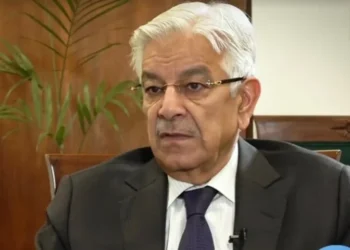The government and coalition parties have passed the 26th constitutional amendment in Parliament, under which a constitutional bench of the Supreme Court will be formed.
Under the constitutional amendment, the Judicial Commission will appoint the number of constitutional benches and judges in the Supreme Court, constitutional benches will be formed in the Supreme Court and High Courts, and a 12-member special parliamentary committee will be formed to appoint the Chief Justice.
The Constitution Benches will have equal judges from all the provinces and the Constitution Benches will have the power of automatic notice under Article 184.
The Parliamentary Committee will appoint the Chief Justice from among the 3 senior judges of the Supreme Court, and the meeting of the Committee will be held on camera. On the recommendation of the committee, the Prime Minister will send the name of the Chief Justice to the President, in case of refusal of any judge, the name of the next senior judge will be taken into consideration.
Under the amendment, the tenure of the Chief Justice will be 3 years, however, the Chief Justice will retire before the age of 65 years, the authority to take sumo notice from the Chief Justice will end, while the promotion of judges will be based on performance.
According to the amendment, the Chief Election Commissioner will remain in office until the appointment of a new Chief Election Commissioner after the expiry of the term, as per the amendment in Clause 4 of Article 48 of the Constitution on the advice approved by the President, the Cabinet, and the Prime Minister. It cannot be challenged in any court or tribunal.
According to the amendment proposed in Article 111, the Adviser along with the Advocate General will also be authorized to discuss legal matters in the Provincial Assembly. The Chief Justice can issue notice only on the petition.
4 Members of Parliament will also be included in the Judicial Commission regarding the appointment of judges, two members of the National Assembly and two from the Senate will be in the commission, two members of the government and two members of the opposition will be part of the committee.
One senator and one MNA from the government will be named by the prime minister while two names from the opposition will be given by the opposition leader. Now he will be able to evaluate the performance of High Court and Shariat Court judges.





















